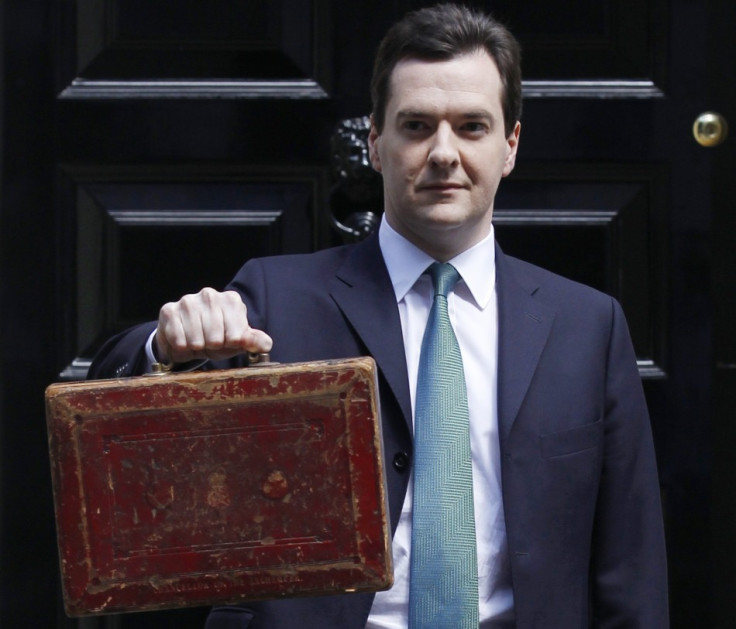Britain's Debt Pile Grows as Osborne Borrows More in October

Britain borrowed £8.6bn in October sending the country's debt higher, according to the Office for National Statistics (ONS).
Chancellor George Osborne borrowed £2.7bn more than during the same period last year, taking public sector debt up to £1.07tn.
It is worth 67.9 percent of GDP, the same as September's tally.
Latest full fiscal year figures for the country's deficit in public finances put it at £117.5bn for 2011 to 2012.
Since May 2010 when the coalition government took power billions have been sliced off of public sector spending under an austerity programme designed to bring down the country's budget deficit.
Critics of the government point to a spiralling debt pile and dwindling tax receipts as evidence that the austerity programme is counter-productive.
The opposition Labour party's line is that the cuts go too far and too fast, and that fiscal stimulus is needed to lift the economy into the recovery that has evaded it since the financial crisis triggered a global downturn.
The Conservative and Liberal Democrat coalition argue that reducing government spending, in areas such as education and welfare, is the only credible means of erasing the deficit while maintaining the confidence of investors in the country's sovereign debt.
This, they say, allows them to borrow from the markets cheaply as investors know their money is safe in gilts because of the certainty of the austerity programme and the commitment of the government to restore what it terms "fiscal credibility".
Gilt yields have hit all-time lows in recent months, despite a worsening UK economy.
For the most part this is because of the £375bn quantitative easing programme by the Bank of England which has seen it hoover up gilts from the market in order to improve liquidity.
A further round of stimulus, likely £50bn more, is expected in the coming months as growth forecasts for the British economy are cut.
However some investors have used gilts as a "safe haven" for their cash because holding it elsewhere, such as in European sovereign debt, is too risky.
Some investors have even bought gilts at a negative yield, meaning they have taken a loss just to hold gilts.
© Copyright IBTimes 2025. All rights reserved.






















